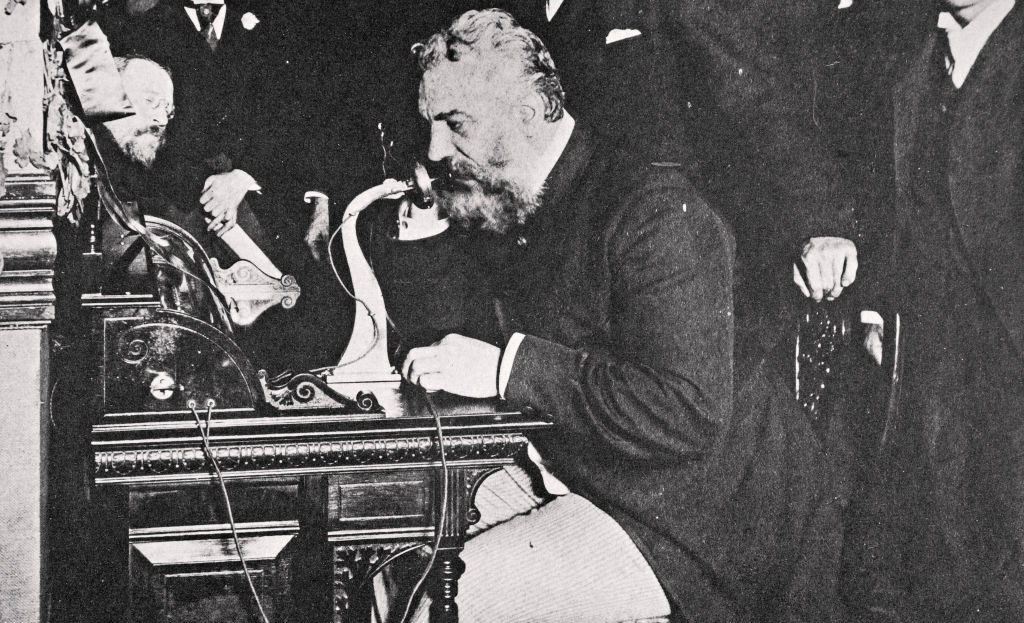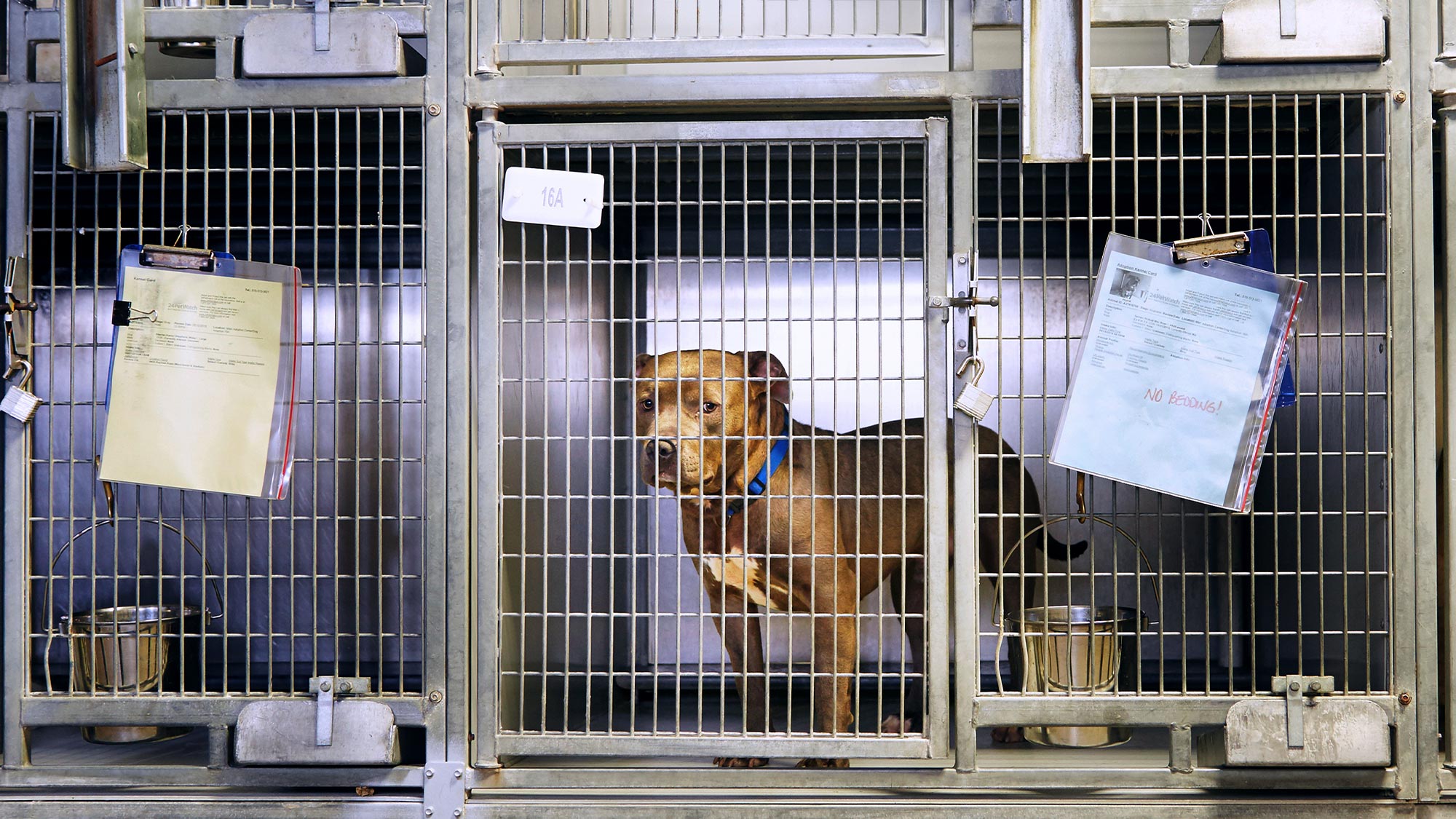“Unbelievable Forecasts: 10 Futuristic Predictions That Crashed and Burned!”
A New Ice Age

In 1971, Dr. S.I. Rasool of the National Aeronautics and Space Administration and Columbia University predicted a new ice age in the coming years.
It was reported in the Washington Post that Rasool stated, “In the next 50 years, the fine dust that man puts into the atmosphere by fossil fuel-burning could screen out so much sunlight that the average temperature could drop by six degrees […] which could trigger a new ice age.” Luckily, that wasn’t the case, but we can’t say we’re that much better off.
People Would Die From Asphyxiation On Trains

In 1800, Dr. Dionysys Larder, a professor if Natural Philosophy and Astronomy at the University College London, had his doubts about the future of human transportation by train. He claimed that “Rail travel at high speed is not possible, because passengers, unable to breathe, would die of asphyxia.”
Although this might have made sense at the time, he would be shocked to know that we now have trains capable of going well over 200 miles per hour. On top of that, we even have airplanes.
The World Was Going To Starve To Death

In a 1970 issue of Mademoiselle, the Nobel prize-winning physician and scientist Paul Ehrlich stressed his concerns that the human population would vastly outgrow food supply. “Population will inevitably and completely outstrip whatever small increases in food supplies we make,” he noted. “The death rate will increase until at least 100-200 million people per year will be starving to death during the next ten years.”
Although this may eventually happen, he certainly jumped the gun on his prediction then. Thankfully, hundreds of millions haven’t died each year quite yet.
Air Pollution Will Be Catastrophic By 1985

In January 1970, Life published an article claiming that “Scientists have solid experimental and theoretical evidence to support…the following predictions: In a decade, urban dwellers will have to wear gas masks to survive air pollution…by 1985 air pollution will have reduced the amount of sunlight reaching the earth by one half.”
Although air quality is certainly not the best it’s ever been, we urban dwellers are still able to wander the streets without the restriction of wearing gas masks. Our sunlight hasn’t been reduced significantly, either.
Rocket Mail Delivery

In 1959, the United States Postmaster General, Arthur Summerfield, had some interesting takes on the future of mail delivery. He was confident that mail would soon be delivered by rockets, stating, “Before man reaches the moon, your mail will be delivered within hours from New York to Australia by guided missiles. We stand on the threshold of rocket mail.”
Well, we made it to the moon in 1969, but we can’ think of the last time someone’s mail was delivered by a guided missile. Wouldn’t that be a sight!
Submarines Wouldn’t Work

H.G. Wells, the renowned science fiction writer, may have had quite an imagination, but he was also a bit of a realist. With regards to the invention of the submarine, he thought the idea was ludicrous and was sure that it wasn’t feasible.
In 1901, he went so far as to say, “I must confess that my imagination refuses to see any sort of submarine doing anything but suffocating its crew and floundering at sea.” Little did he know that submarines would become instrumental pieces of equipment in the wars to come.
The Atomic Bomb Won’t Work

In 1945, Admiral D. Leahy, Chief of Staff to the Commander in Chief of the Army and Navy during World War II, advised President Truman against the atomic bomb. Even after all of his years in the military and with the rank he had, he still didn’t believe that the bomb would actually work.
He warned: “This is the biggest fool thing we have ever done. The bomb will never go off, and I speak as an expert in explosives.” He must have had quite the surprise when the United States successfully dropped both of them on Japan.




















